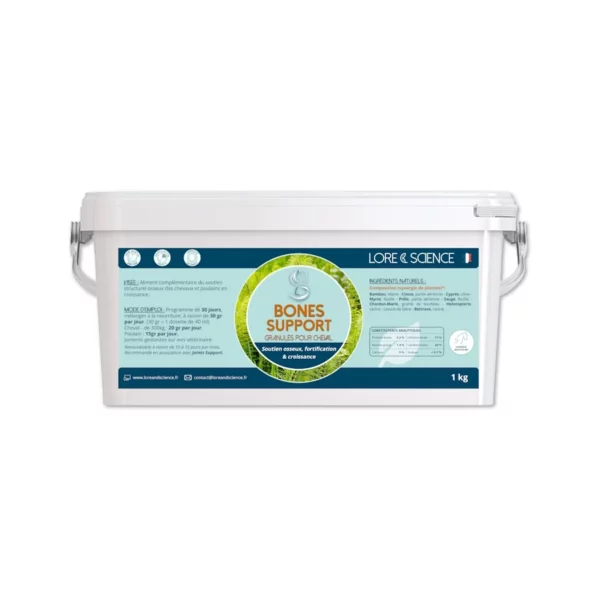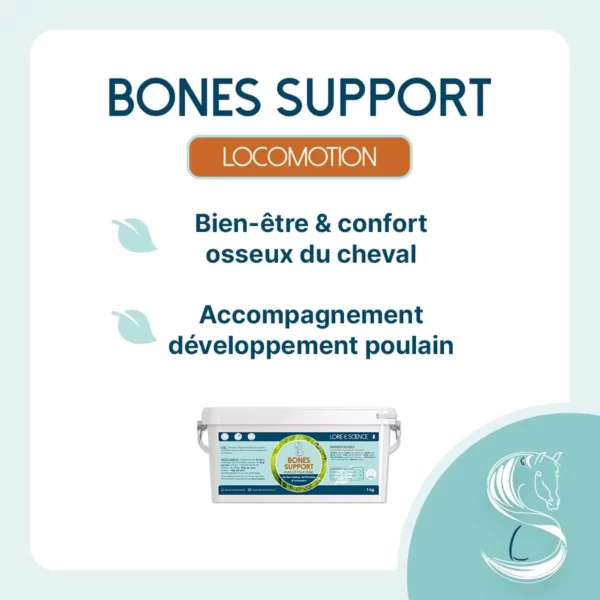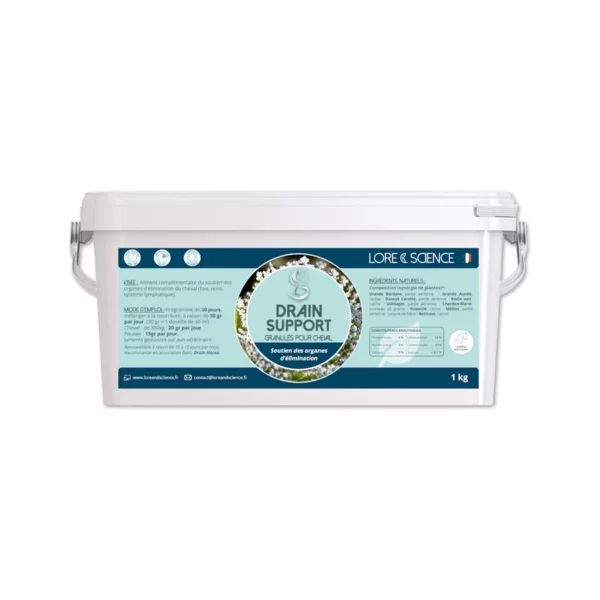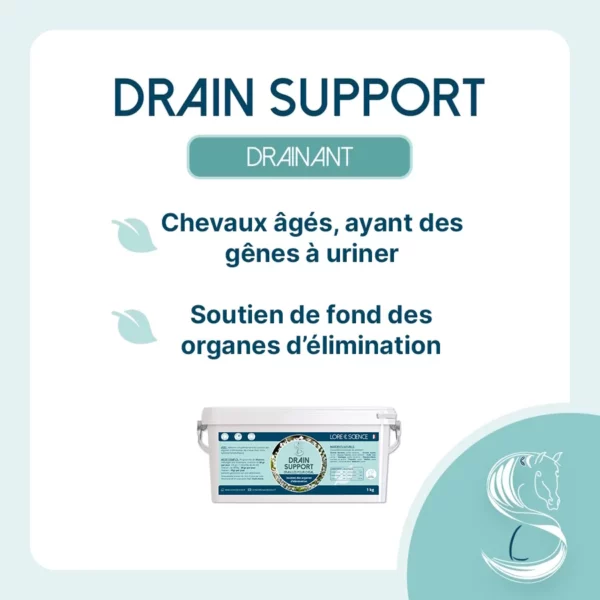Vomiting is often part of a cat owner's daily routine. However, while occasional vomiting may be normal, frequent or persistent vomiting may indicate an underlying problem. In this article, Lore & Science's specialists take a closer look at the possible causes of vomiting in cats, as well as treatments and precautions to avoid it.
Distinguishing between regurgitation and vomiting in cats
Vomiting, theforced expulsion of stomach contents through the mouth, can occur in cats for a variety of reasons. It should not be confused with regurgitation, which is the passive expulsion of food or liquid from the esophagus without abdominal effort. Vomiting in cats falls into two main categories: acute and chronic.
What causes acute vomiting in cats?
Acute vomiting occurs suddenly and can be the result of several triggers. In these situations, it may be a reaction to the hasty ingestion of food, a relatively common behavior in greedy cats. They devour their meal so enthusiastically that they don't give their stomach the time it needs to perform its digestive task, triggering a vomiting reflex. However, acute vomiting can also be the consequence of more serious problems such asfood intolerance,ingestion of toxic substances, or gastrointestinal infections caused by bacteria, viruses or parasites.
What causes chronic vomiting in cats?
Chronic vomiting, on the other hand, is usually a sign of underlying medical problems. Vomiting persists over an extended period and is not related to a specific situation. Causes can include gastrointestinal diseases such as gastritis or inflammatory bowel disease (IBD), as well as systemic disorders such aschronic renal failure, diabetes or liver disease. Other factors such as eating disorders, stress or heart problems can also contribute to this phenomenon.
How to treat cat vomiting
Treatment of vomiting depends on the underlying cause. Care should therefore be taken. In cases of acute vomiting caused by rapid food ingestion, food intolerance or toxins, it may be sufficient to fast the cat for 12 to 24 hours, followed by gentle reintroduction of food in small quantities.
However, for persistent or chronic vomiting, a visit to the vet is necessary to establish an accurate diagnosis.Self-medicating or ignoring chronic vomiting in your cat can lead to serious complications, so treatment of vomiting should always be professionally supervised to ensure your pet's safety and well-being. Your veterinarian will perform a thorough physical examination, take into account your cat's medical history and may recommend diagnostic tests such as blood tests, X-rays or ultrasound to determine the underlying cause of vomiting.
The first step is to treat the symptoms of vomiting. The main problem is often dehydration. Hospitalization for intravenous rehydration may be necessary, to help restore electrolyte balance and maintain the animal's general health. Once the cause of vomiting has been identified, your veterinarian will draw up a specific treatment plan. He may recommend a change of diet in the case of food intolerance, or prescribe antibiotics, anti-inflammatories or antiemetics in the case of infection or gastrointestinal disease. Note that stress can be a trigger for vomiting in cats. If the vet identifies stress as a contributing factor, stress management methods such as the use of soothing pheromones, environmental modifications or relaxation techniques may be advised.
Finally, it's essential to schedule regular follow-up visits to the vet to assess response to treatment and make adjustments if necessary.
How can I prevent cats from vomiting?
As you can see, vomiting in cats is a symptom to be taken seriously, as it can reveal serious underlying health problems. However, in some cases, simple preventive measures can be put in place on a daily basis to limit the risk of avoidable vomiting.
A special focus on food
Food is often the first source of acute vomiting. So opt for a quality food that offers better nutrition and is easier to digest, thus reducing the risk of gastrointestinal upset. If you plan to change your cat's food, do so gradually over several days to allow his digestive system to adapt smoothly.
In all cases, avoid prolonged periods of fasting, as this can lead to a build-up of gastric bile. If your cat has a tendency to fast, try offering him his meals in instalments. This will further reduce the load on his stomach. Finally, make sure your cat always has access toclean, fresh water to prevent dehydration.
A healthy, adapted environment
The environment is also a major source of vomiting. A few easy precautions can greatly improve your feline's life. First of all, keep your home free of plants that are toxic to cats. Also, be aware of potentially toxic plants in your feline's territory if he has access to the outdoors.
Next, make sure you provide a reassuring and soothing environment for your pet. As explained above, stress can be a source of vomiting. Access to quiet places where your cat can rest is essential.
Finally, hairballs can cause recurrent vomiting in cats, even leading to intestinal obstruction. If this is the case for your companion, brush him regularly to reduce the amount of hair he swallows when licking, and consider using specific products, such as malt-based pastes, to help eliminate hairballs.
In all cases, avoid self-medication, which can aggravate your pet's health problems, and never give your cat human medication without the advice of your vet.
By following these few tips and remaining attentive to your cat's health, you can help minimize the risk of vomiting. However, if your pet experiences frequent, severe or persistent vomiting, consult your veterinarian immediately, as this may be a sign of an underlying health problem that requires professional assessment and appropriate treatment.
Share your experience or questions with us in the comments ↓














